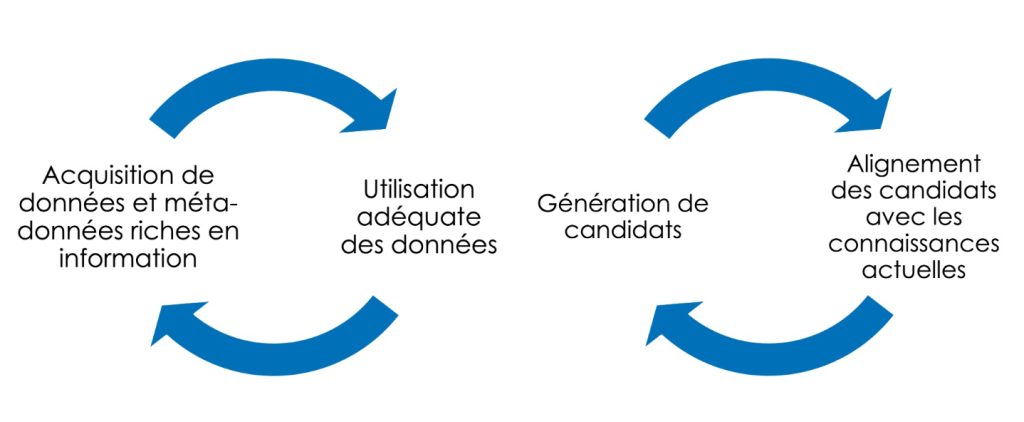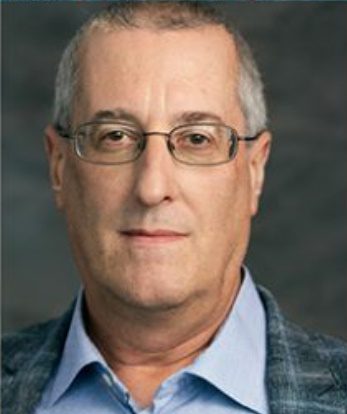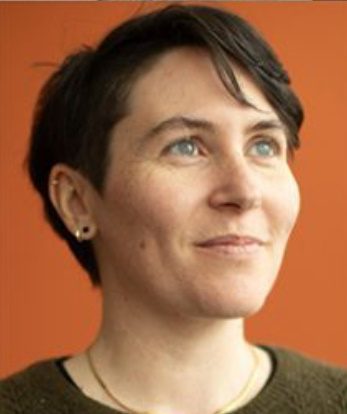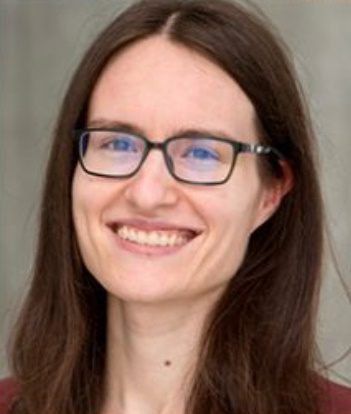The intrinsic challenges of molecule/material discovery stimulate the advancement of AI knowledge.
Vision
Exploring and exploiting the design spaces of molecules and materials in terms of synthesis, processes and characterization, requires access to large quantities of high-quality multimodal data, which is a bottleneck. The use of robust AI is therefore essential, as is the integration of aspects of the scientific method, where AI behaves like an expert to be reasoning to develop predictive protocols informed by current knowledge. The concept of responsibility applies in the context where models must align with values linked to the development of molecules and materials, such as eco-responsibility. This Regroupement (R6) promotes reciprocal exchanges between AI and materials science experts, as illustrated below.

Objectives
The main objectives will be to advance AI methods, which currently face certain challenges when put into practice in the context of molecules and materials.
- Learn rich representations leveraging existing physico-chemical knowledge to predict accurately molecule/material properties, activities, and dynamics
- Deep representation learning
- Uncertainty quantification
- Enable efficient search in large, structured spaces
- Active learning
- Generative models (ex: GFlowNets)
- Accelerate experiments by learning through interactions
- Reinforcement learning/Bandits
- (Bayesian) Optimization
Challenges
To achieve the above objectives, and respond to the problems identified in connection with data in the field of molecules and materials, it is proposed to set up a process in which various cross-disciplinary tools for the themes and projects explored are developed.
The aim of these transversal tools is to federate a community around the development of common tools, useful for projects at the interface of AI, molecules and materials, as opposed to development that takes place in silos. The proposed cross-disciplinary tools are as follows:
- Identifying appropriate descriptors
- Candidate generation
- Accelerating experiments
Anticipated Impact
Linking expertise in AI and in molecules and materials will enable the development of common cross-disciplinary tools that will have a structuring effect on the community, bridging the gap between Université de Montréal’s sectors of excellence: Digital, Artificial and Human Intelligence, Bioinnovation and Digital Health, and Materials and Processes of Tomorrow. R6 will also help train the next generation of researchers who will be familiar with concepts at the intersection of AI, molecules and materials, and who will be able to act as translators between these fields to make a coherent contribution. Linking activities with existing initiatives (PandemicStop-AI and the Institut Courtois) will maximize the leverage effect of R3AI.
Ongoing Projects
Developing a new generation of antimicrobial compounds
- Jacques Corbeil – Université Laval
Generalist Robotics for Self-Driving Science and Manufacturing
- Glen Berseth – Université de Montréal
- Delphine Bouilly – Université de Montréal
- Carlos Silva – Université de Montréal
- Audrey Laventure – Université de Montréal
Towards Efficient Molecular Foundation Models
- Sarath Chandar – Polytechnique Montréal
- Mathieu Blanchette – McGill University
- Glen Berseth – Université de Montréal
- Doina Precup – McGill University
Utilisation de GFlowNets pour l’échantillonnage Monte Carlo dans les système de transition de phases
- Michel Côté – Université de Montréal
- Yoshua Bengio – Université de Montréal
- Alex Hernandez-Garcia – Université de Montréal
AI-based approaches for intelligent drug discovery
- Alex Hernandez-Garcia – Université de Montréal
- Anne Marinier – Université de Montréal
- Audrey Durand – Université Laval
- Jian Tang – HEC Montréal
- Yves Brun – Université de Montréal
Self-driving labs: multi-dimensionality metrology for materials characterization
- Audrey Laventure – Université de Montréal
- Glen Berseth – Université de Montréal
- Delphine Bouilly – Université de Montréal
Development of a self-attention based approach to small molecule activity production using low-depth RNA-Seq profiles in both human and bacteria
- Sébastien Lemieux – Université de Montréal
- David Knapp – Université de Montréal
- Anne Marinier – Université de Montréal
- Yves Brun – Université de Montréal
Machine Learning of Molecular Dynamics for Materials
- Siamak Ravanbakhsh – McGill University
- Lena Simine – McGill University
- Michel Côté – Université de Montréal
GFlowNets for crystal structure generation
- Andrea Bianchi – Université de Montréal
- Alex Hernandez-Garcia – Université de Montréal
- Glen Berseth – Université de Montréal
Prospective Multi-Target Experimental Benchmarking of AI Molecular Models via Structure-Based Virtual Screening
- Olivier Mailhot – Université de Montréal
- Michel Bouvier – Université de Montréal
- Sylvie Mader – Université de Montréal
- Anne Marinier – Université de Montréal
Researchers
- Dominique Beaini – Université de Montréal – Valence Discovery
- Yoshua Bengio – Université de Montréal
- Glen Berseth – Université de Montréal
- Andrea Bianchi – Université de Montréal
- Mathieu Blanchette – McGill University
- Delphine Bouilly – Université de Montréal
- Sarath Chandar – Polytechnique Montréal
- Jacques Corbeil – Université Laval
- Mickael Dollé – Université de Montréal
- Benjamin Haley – Université de Montréal
- Alex Hernandez-Garcia – Université de Montréal
- Marc-André Legault – Université de Montréal
- Sébastien Lemieux – Université de Montréal
- Cristina Longo – Université de Montréal
- Olivier Mailhot – Université de Montréal
- Anne Marinier – Université de Montréal
- Kirill Neklyudov – Université de Montréal
- Liam Paull – Université de Montréal
- Doina Precup – McGill University
- Siamak Ravanbakhsh – McGill University
- Lena Simine – McGill University
- Jian Tang – HEC Montréal
- Teodor Veres – NRC
Research Advisor
Jacqueline Sanchez: jacqueline.sanchez@ivado.ca




